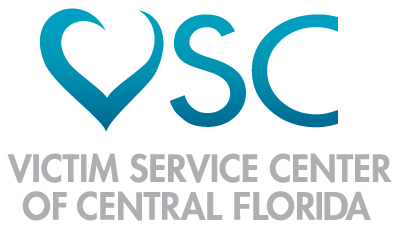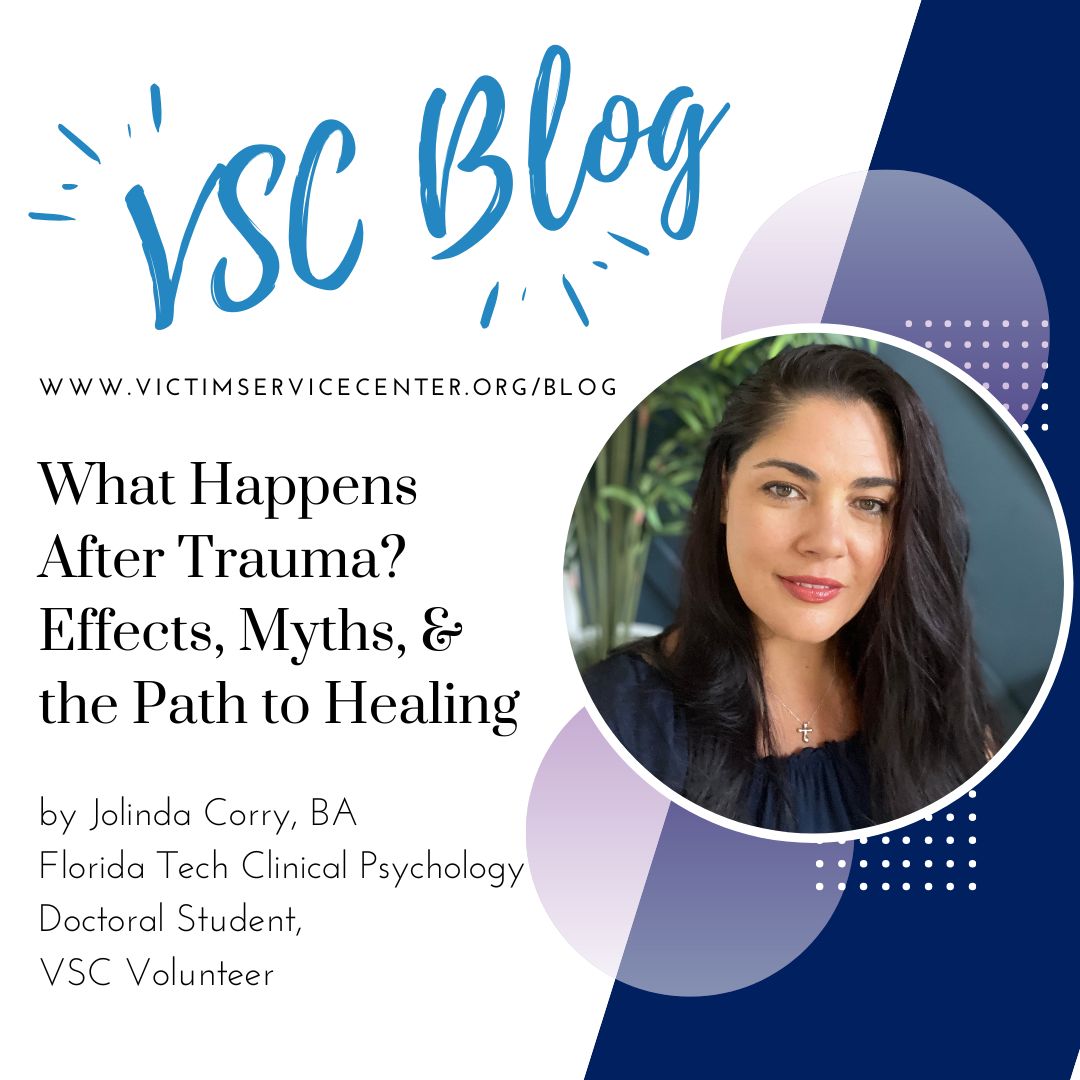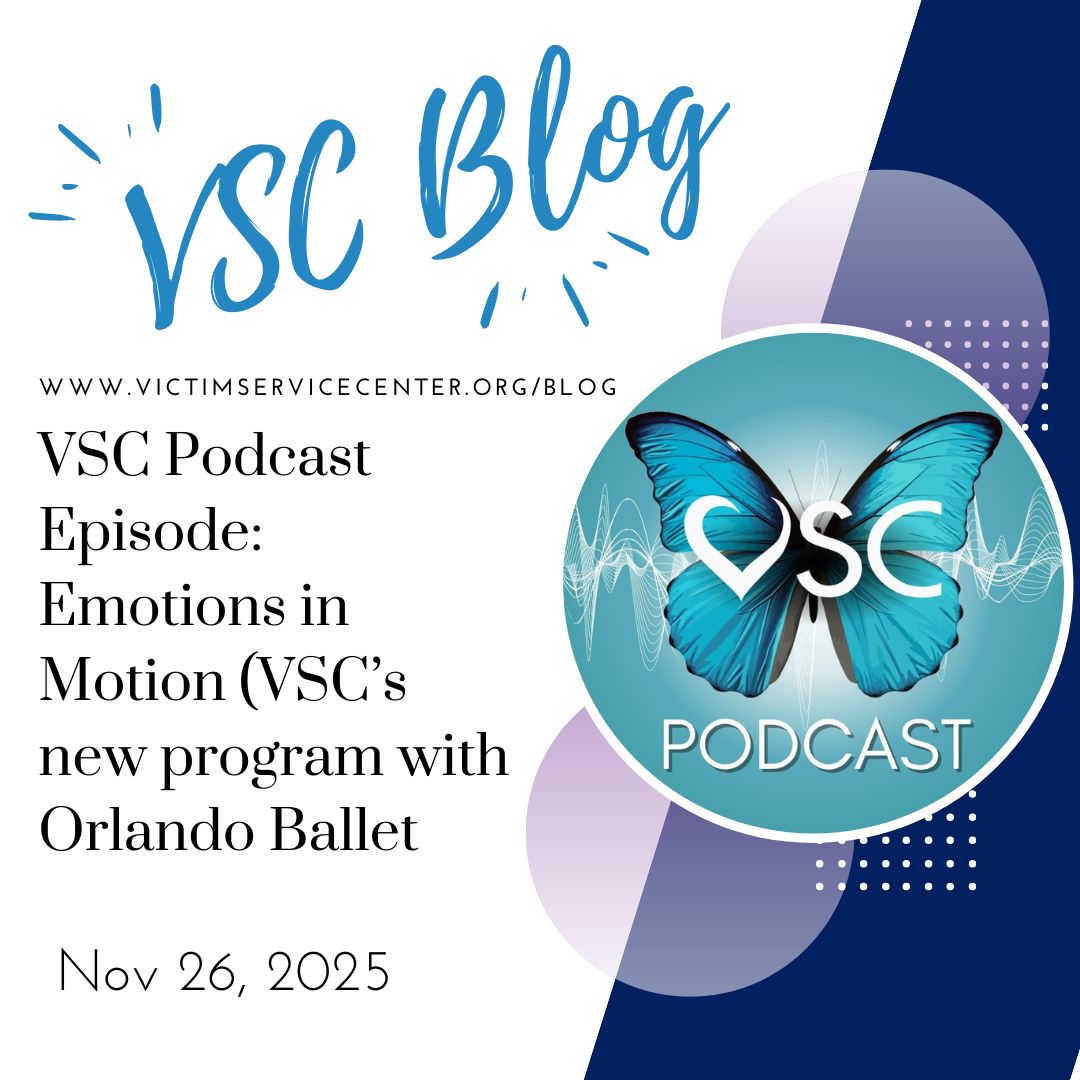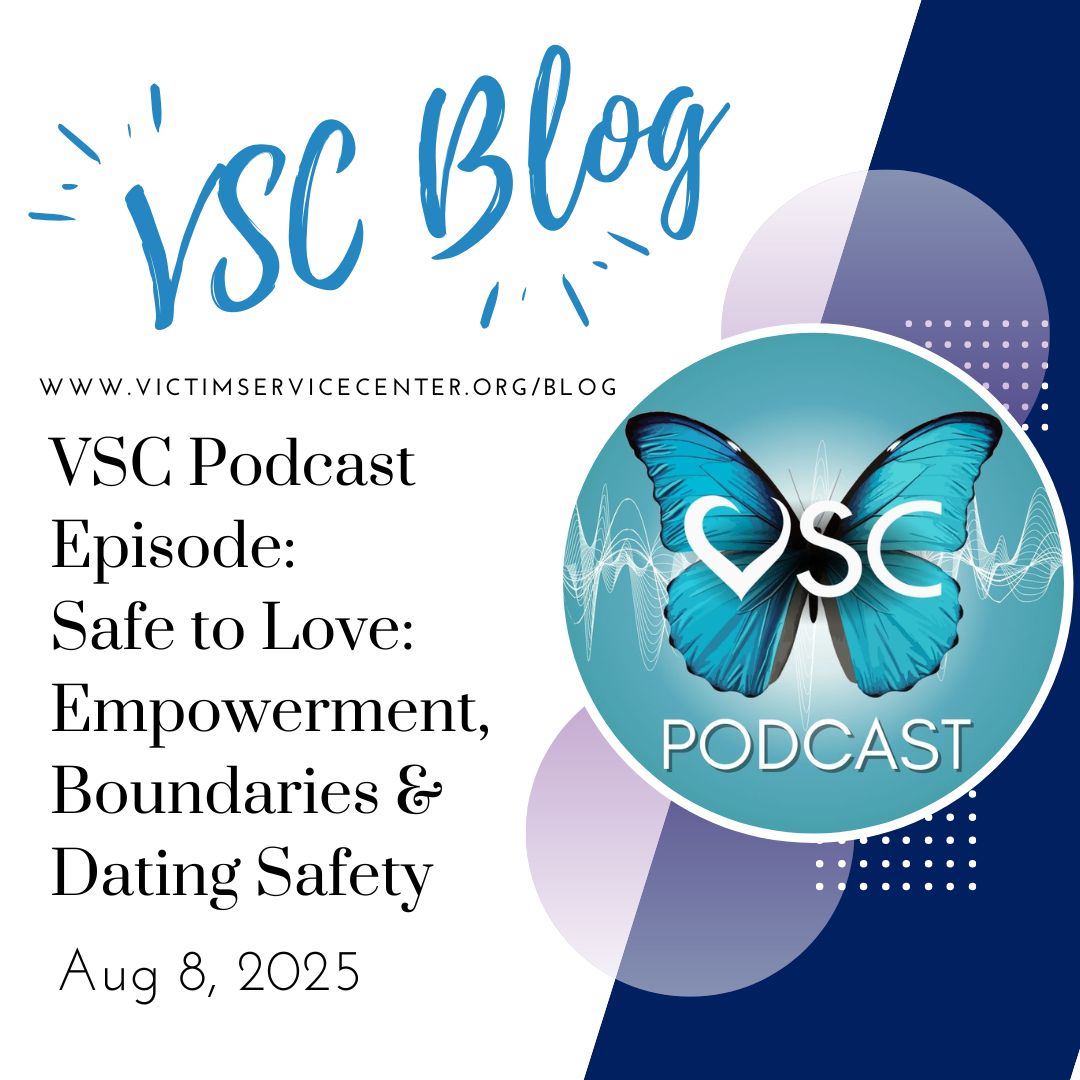
Written by: Katherine Olsen, VSC’s Social Justice Intern
Continuity of Care (COC) is a common concept in the medical and mental health fields and is considered a central goal in both arenas. Although definitions vary, COC can be broadly described as health care events that are experienced as coherent and consistent with the user’s needs. Research reveals two significant components of COC: informational continuity and relational continuity. Informational continuity refers to the flow of adequate information from professionals to service users, while relational continuity refers to the consistency of mental health and medical staffing and the quality of relationships between the staff and service users.
Vertical advocacy is a fairly new concept in the field of sexual assault advocacy and is directly related to COC. Vertical advocacy refers to the process when a victim’s advocate is responsible for responding to the sexual assault survivor’s needs from start to finish. This process is in contrast to non-vertical advocacy that involves a hands-off process between advocates who serve various functions. The benefit of vertical advocacy is that it incorporates both informational continuity and relational continuity by helping the sexual assault survivor to avoid any unnecessary trauma and disruption while building a trusting relationship between the survivor, the advocate, and the advocacy organization. While 100% vertical advocacy is difficult to achieve, best care practice for sexual assault advocacy works to maintain vertical advocacy to the greatest extent possible.
Research pertaining to continuity of care and vertical advocacy indicates that the Victim Service Center of Central Florida can be considered a model for best care practice in sexual assault advocacy. The VSC strives for vertical advocacy and the corresponding COC components of informational and relational continuity by maintaining advocate continuity between the hotline, forensic exam, and case management. In addition, COC is promoted through informational continuity in the SART protocols of the associated counties of the VSC and by hiring master-level victim advocates with extensive training and skills to prevent turnover and promote relational continuity. The practices of the VSC promote the victim’s quality of life, empowerment, ability to function within the community and satisfaction with care services.
References:
Adnanes, M., & Steihaug, S. (2013). Obstacles to continuity of care in young mental health service users’ pathways – an explorative study. International Journal of Integrated Care, 13, International Journal of Integrated Care, 2013 Jul-Sep, Vol.13.
Lonsway, K.A., & Archambault, J. (2013, January). Effective victim advocacy in the criminal justice system: a training course for victim advocates. Retrieved from http://www.evawintl.org/Library/DocumentLibraryHandler.ashx?id=32
McDougall, G., Gordon, A., Joyce, A., Adair, C., Wild, T., Kowalsky, L., . . . Barnes, F. (2004). Continuity of care in mental health services: Toward clarifying the construct. Canadian Journal of Psychiatry, 49(8), 539-50.
Sweeney, A., Rose, D., Clement, S., Jichi, F., Jones, I., Burns, T., . . . Wykes, T. (2012). Understanding service user-defined continuity of care and its relationship to health and social measures: A cross-sectional study. Bmc Health Services Research, 12, Bmc Health Services Research, 2012 Jun 8, Vol.12.
Written by: Katherine Olsen, a 2nd year graduate student pursuing a Master’s Degree in Mental Health Counseling at Rollins College in Winter Park, Florida, worked with the Victim Service Center (VSC) of Central Florida during the summer of 2015 as part of 100 required hours for a program-related social justice pre-practicum. This social justice pre-practicum component is designed to introduce graduate counseling students to professional social justice advocacy roles through service learning in community organizations and agencies. In conjunction with her role at the VSC, Katherine spent the majority of her time researching best care advocacy practices for victims of trauma, particularly women who are survivors of sexual assault. Her research revealed that best care practices for victims of sexual assault revolve around the two key, interrelated concepts of continuity of care and vertical advocacy.



